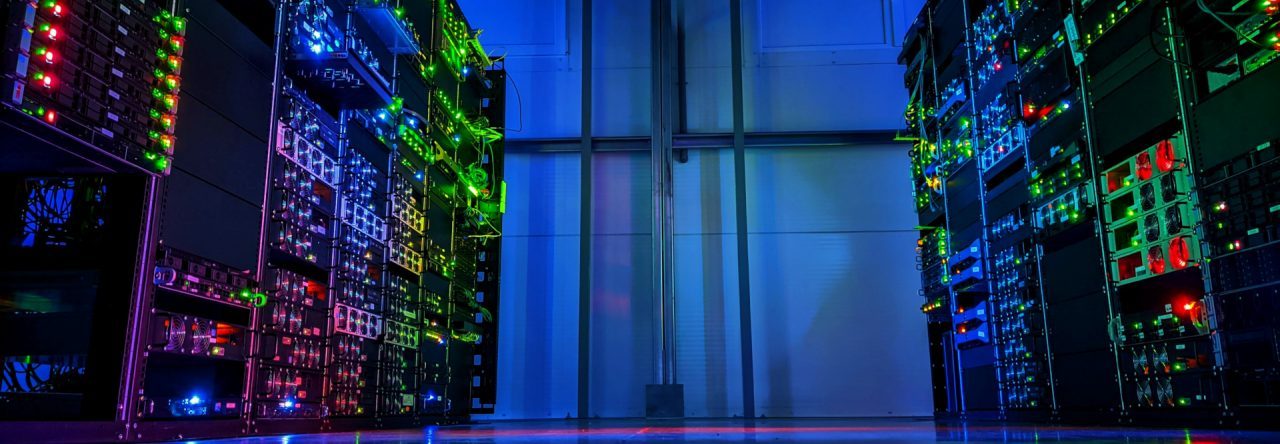Accounting software is the heart of financial operations in any company. From payroll to tax reports, everything depends on the stable and secure performance of platforms like 1C, BAS, or M.E.Doc. As businesses shift to remote and hybrid work models, the demand for a reliable server for accounting tasks becomes essential.
Why Does an Accounting Team Need a Server?
Even if you have just 1–2 accountants, relying solely on office computers isn’t enough for secure and collaborative accounting.
A server helps you:
- Access accounting databases from multiple devices;
- Centrally store and back up documents and reports;
- Work with software remotely and securely;
- Ensure system availability 24/7 from any location;
- Prevent data loss and unauthorized access.
Typical Use Cases for an Accounting Server
- Shared access to 1C, BAS, or CRM systems;
- Processing large volumes of M.E.Doc or SOTA documents;
- Generating automated reports and API integration with banks;
- Secure remote access for accountants working from home;
- Role-based access control and encrypted communications.
VPS or Dedicated Server?
This is one of the most important questions. Here’s a quick guide:
| Scenario | Recommended Option |
| Up to 3 accountants | VPS with SSD/NVMe |
| Single base up to 10 GB | VPS or entry-level server |
| 5+ users working simultaneously | Dedicated server |
| 24/7 availability is critical | Server in a data center |
| Large file exchange or archiving | Server with RAID storage |
For startups and small teams, VPS hosting from Server.UA is the ideal choice. For higher workloads, consider dedicated server rental with enterprise support.
Minimum Server Requirements
To keep accounting systems running smoothly, your server should include:
- CPU: 4+ cores (Intel Xeon or AMD EPYC)
- RAM: At least 8 GB (ideally 16 GB or more)
- Storage: SSD or NVMe drives with RAID setup
- Bandwidth: 100 Mbps minimum, 1 Gbps recommended
- Operating System: Windows Server or Linux (depending on the software)
You should also implement secure access settings, regular backups, and IP or VPN access restrictions.
Security: What You Can’t Compromise On
Must-have protections:
- SSL certificate — for encrypting all remote access
- Firewall — to control and filter incoming connections
- Automatic backups — daily, with at least 7-day retention
- Antivirus + traffic scanning — to prevent intrusion
- VPN or IP whitelist — to manage who gets access
Your accounting data is confidential — and it must stay that way.
Why Office Servers Are a Risk
It may sound convenient: “I’ll buy a PC and use it as a server.” But here’s what usually happens:
- Overheating, random shutdowns, dust issues
- No backup internet or power supply
- No off-site access when something goes wrong
- Windows updates breaking functionality
- No physical security or professional monitoring
Renting a server in a data center or choosing colocation is a professional, reliable alternative with full infrastructure support.
Real Use Case
A Server.UA client — a regional distributor with 6 accountants — struggled with:
- Slow performance in 1C;
- Crashes and user disconnections;
- No functional backups.
After migrating to a VPS with NVMe, setting up SSL and daily backups, productivity increased by 40%, and the complaints stopped.
Practical Tips
- Use strong passwords and two-factor authentication
- Appoint someone responsible for the server (in-house or external admin)
- Test backups regularly, not just store them
- Clearly define user roles and software update rules
- Monitor logs and set up alerts for suspicious activity
Summary
Your accounting workflow depends on speed, uptime, and data safety.
A VPS is perfect for small teams needing a quick and affordable launch.
A dedicated server is the right move for large teams or high-volume operations.
Check out Server.UA solutions:
→ VPS hosting for accountants
→ Dedicated server rental
Server.UA — a stable, secure platform for all your accounting needs.

Leave a Reply